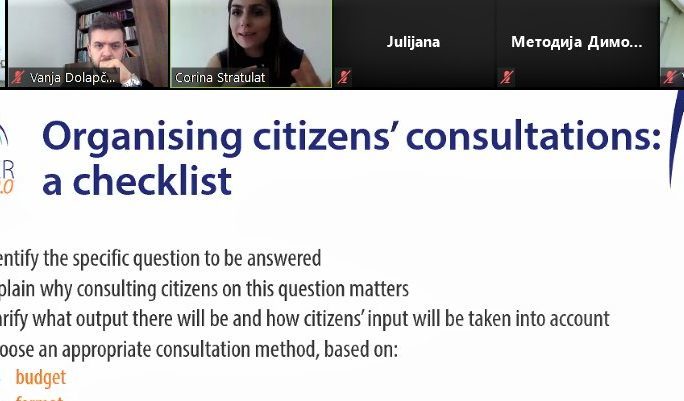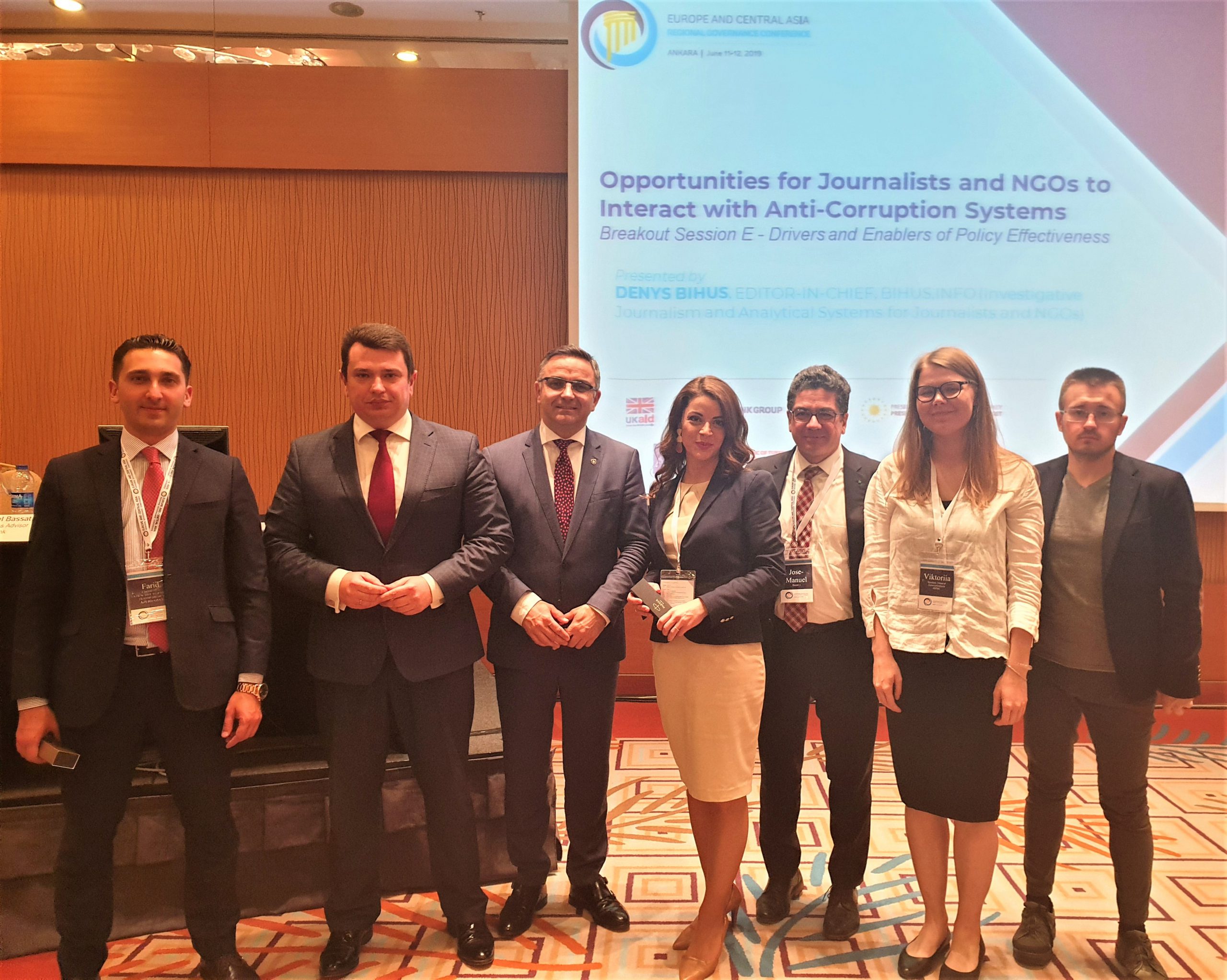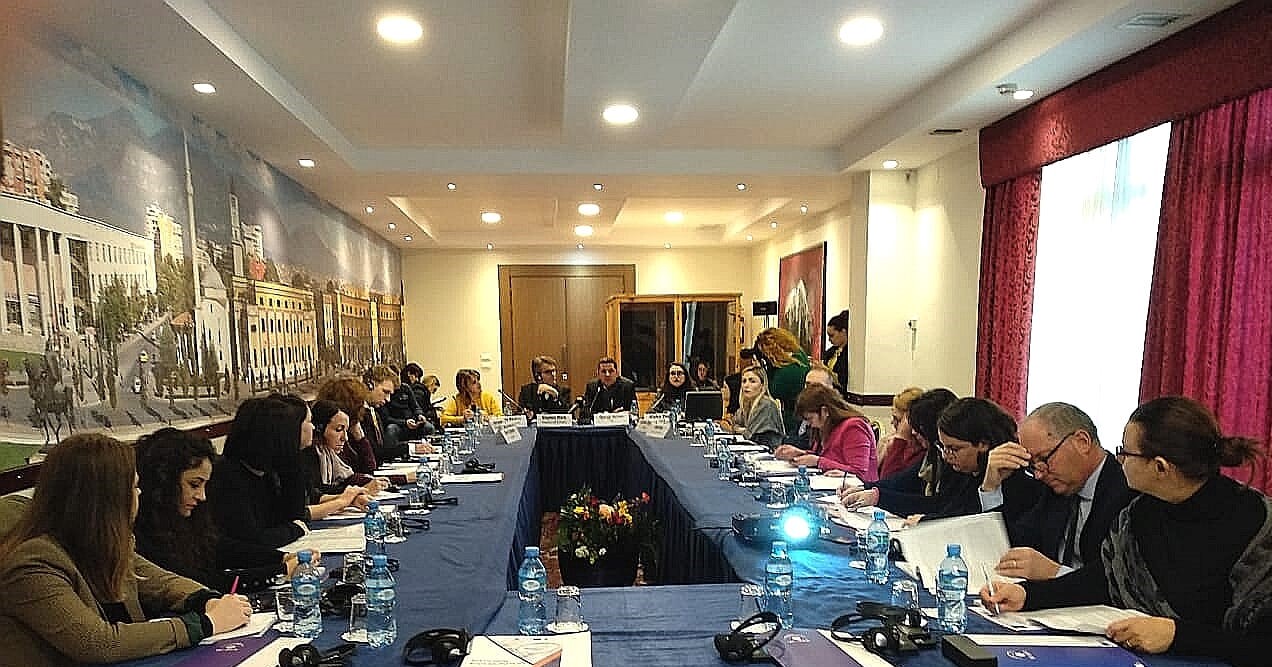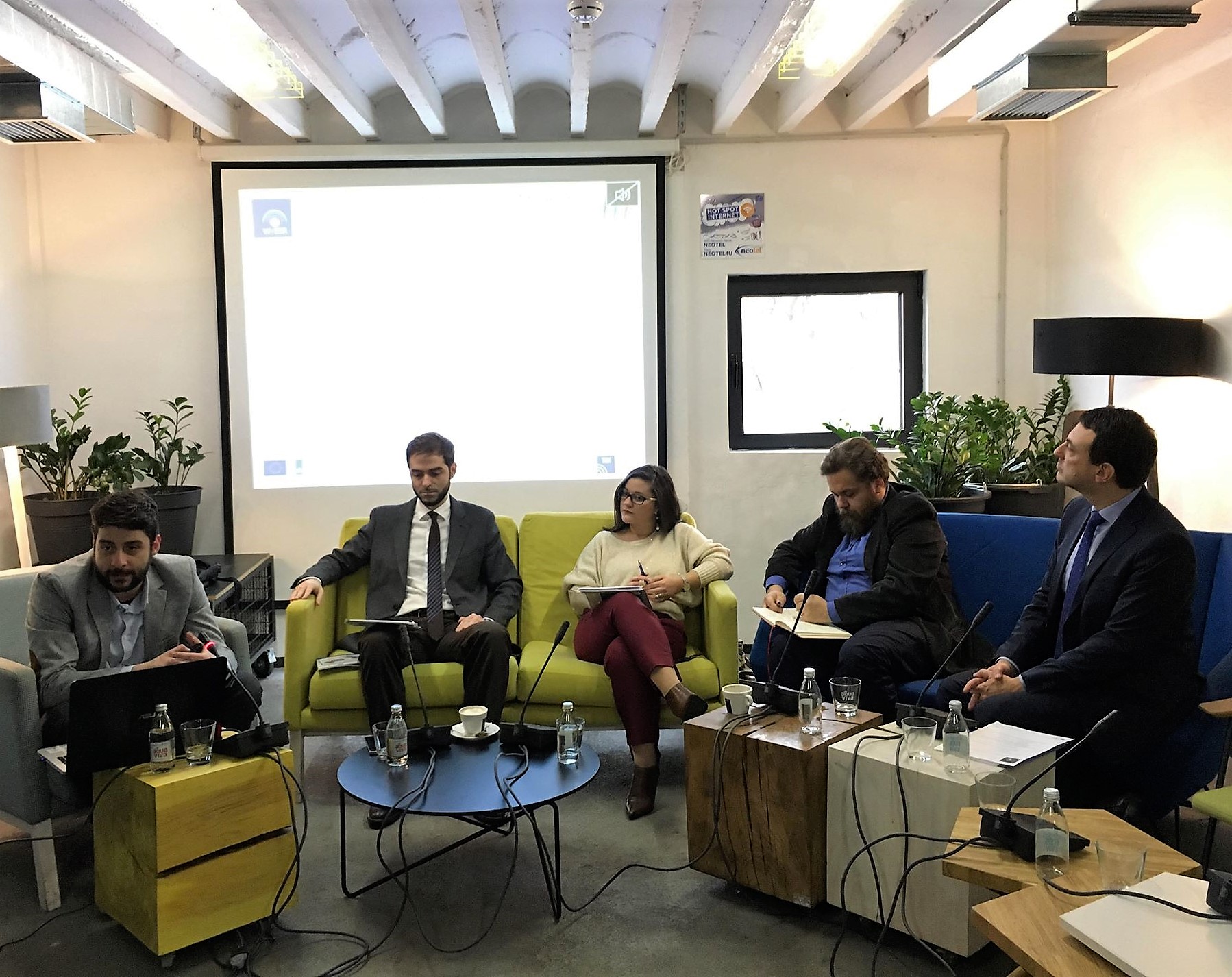Workshop on citizen engagement through consultations
In cooperation with the Brussels-based think tank the European Policy Centre – EPC, the Think for Europe Network organised a two-day training for civil society representatives and civil servants on May 28-29. More than 30 people from across the Western Balkans participated in a two-day online training session in which Corina Stratulat, a Senior policy analyst at EPC, and Paul Butcher, a Policy analyst at EPC, introduced participants to the basics of citizen engagement with the regulatory process, principles and standards for organising consultations, as well as various consultation methods.
They also presented case studies from the various European countries and institutions in order to draw lessons for organising consultations with citizens. Among other examples, the case of the European Commission’s experience in this area, the example of France, in which consultations with citizens are driven by CSOs and ordinary citizens with government support (including financial), the case of the Netherlands, as well as Romania, where CSOs observe but are not involved in the organisation or design of consultations, were presented at this event.
At this event, participants also discussed how to adjust consultations to the new circumstances of the COVID-19 pandemic, switching to an online environment when organising consultations.
The PowerPoint presentation presented to the participants of this event can be downloaded here.
The EPC has previously actively addressed this topic in the report European Citizen Consultation that can be downloaded here, and the discussion paper Citizens expect: Lessons from the European Citizens’ Consultations can be download here.










